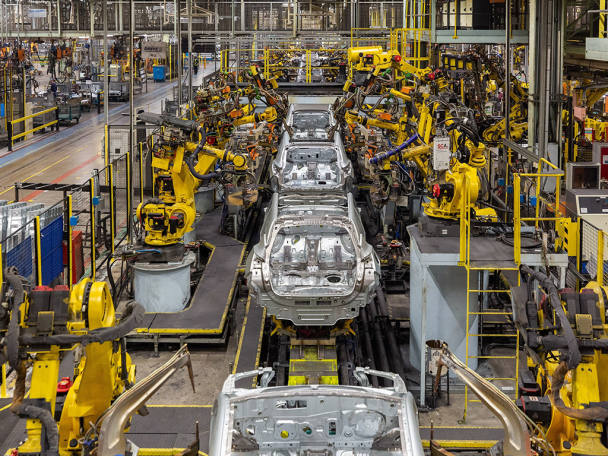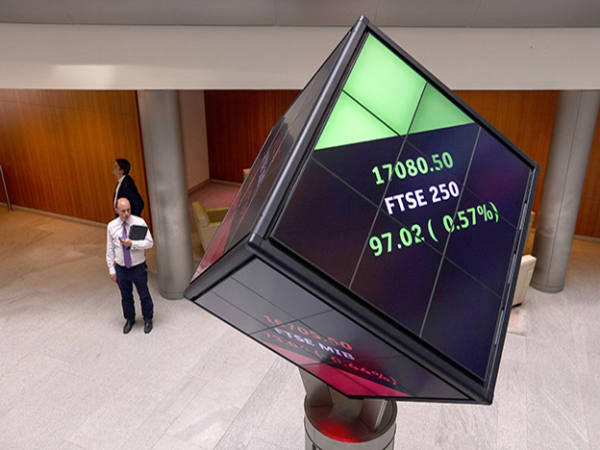Electronics and hardware companies haven’t faced the same existential threats posed by coronavirus as other sectors. Global manufacturing output fell last month as new business dropped at its sharpest rate since March 2009, but JPMorgan Global Manufacturing PMI rose marginally to 47.6 owing to the gradual stabilisation of Chinese manufacturing. Pressure on demand for electronics and technology and concerns over supply activities have still weighed on the sector’s shares.
Oxford Instruments (OXIG) and Morgan Advanced Materials (MGAM) withdrew their dividends. Oxford Instruments, which provides equipment to industrial businesses and the scientific community, announced in March that its net cash pile had risen to £60m. But coronavirus disruption to customers and shipments, along with a necessary site closure in California, impacted trading in Europe and North America. Morgan, which makes products using carbon and a range of composites for a number of markets, has cut executive pay by 30 per cent, with sales for its 12 weeks to 21 March 2020 3.2 per cent lower than last year. Oxford and Morgan have registered an improvement in Chinese conditions as coronavirus appears to recede, although the latter now has closed businesses in Italy, India and South Africa.
Balance sheet strength hasn’t deterred the prudent from taking drastic action as they seek to preserve their liquidity. Renishaw (RSW) directors had already waived their right to the company’s 14p interim dividend as disclosed in its January half-year results. But coronavirus prompted the outright cancellation of the payout, which had been due for payment on 6 April, saving the business £5.1m. As of 31 December, Renishaw, which makes measuring systems, had a net cash balance of £71.3m.
Electrocomponents (ECM) doesn’t mention its dividend in two trading updates released in February and March. The company, which distributes industrial and electronics products, has only experienced limited impact from coronavirus, and reported 4 per cent like-for-like sales growth in the 11 weeks to 15 March. The group anticipates some short-term demand drop off, but sits well within its debt covenant, disclosing a net debt to adjusted cash profits multiple of 0.9 as of 30 September, short of its ceiling of 3.25.
Coronavirus has had a mixed impact on electronics and tech hardware businesses, some of which may offer a safe haven during this crisis. A return to business as usual in China will prove a big boon to some of these companies, although demand pressures and slashed budgets in the rest of the world will ensure that the damage of coronavirus sustains beyond this point.
See below for our entire FTSE350 review:
FTSE350 profitability: the direction is clear but not the severity
FTSE350 Review: Coronavirus and the dividend dilemma
FTSE350 groups scramble for cash
Aerospace on the descent as defence stays on course
Construction hits the brakes once again
Coronavirus threatens electronics and technology
Engineering and industrials braced for a downturn
Few guarantees for financial services
Coronavirus slams high street doors shut
Insurers stuck between policies and politics
Miners hold on to their hats in Covid rout
Supermarkets thrive but coronavirus harms other personal goods
Oil companies suffer Covid-19 crunch
Pharma giants entering the testing fray
Property income prospects dimmed by Covid-19
Subscription-based models make for sturdy businesses
Downturn threat obscures outlook for outsourcers
Are telcos still a defensive play?









